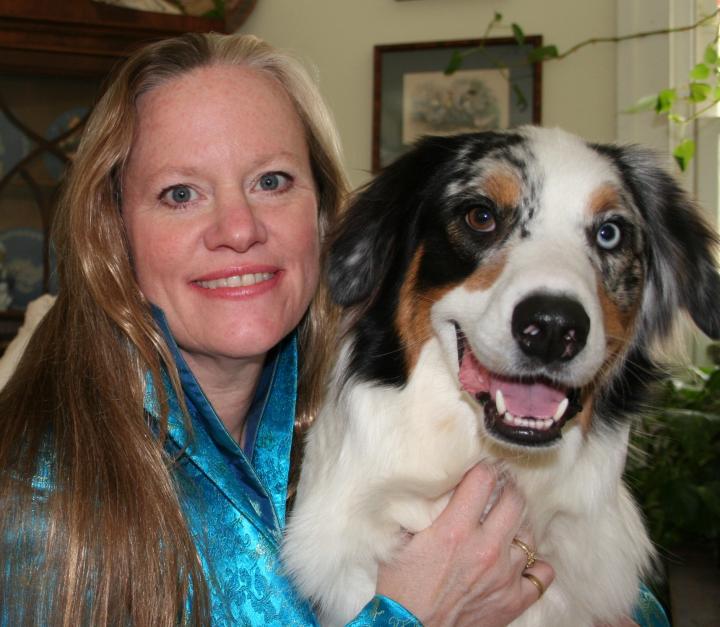Question submitted by the audience in our recent webinar: "The Importance of Exercising Your Dog's Brain for Optimal Physical and Mental Health":
You have said that reactive dogs are using problem-solving strategies that do not work. Would it be correct to say that reactive strategies do work, eg. by making a threat back off. Is this problem solving, or just reactive behaviour? Thank you, great webinar!
Answer by: Karen Overall, MA, VMD, PhD, DACVB

One of the problems with behavior and behavioral medicine is that we have no protected terminology and get mired in words. So, I always start with definitions.
“Reaction” is a non-specific term and all reactions get responses … whether they are what you want or like. Dogs can bark as warning (and all barks are not the same – they contain complex information, and may have complex language structure within them … yet another study to fund!), and the decision the receiver makes, given the context, may involve backing off. If a dog gives a play bark, the decision the receiver makes, given the context, may be to approach, bark and bat the other dog. In both of these examples, the signaler who gave the bark is capable of adjusting her behavior to the receiver’s behavior, and the receiver responds appropriately. This is a form of problem solving behavior. That’s the ideal world and how signaling evolved … remember … dogs and all social species work for accurate information.
When I am speaking of ‘reactive dogs’ I am lumping a series of behavioral pathologies: these are dogs who react inappropriately to situations, mostly because they are fearful or anxious, and who use a rule of reacting to all situations. However, the rule fails to achieve anything other than to make the dog more reactive but they lack the ability to try another rule (eg, turn away and walk away, lie down, ask their human for help, take a deep breath and engage in another activity, et cetera). These dogs cannot make the decision to not react. So in this case, they have no solved problems, but created them, and cannot get and/or use accurate information.
Thanks for the praise! I enjoyed the webinar, also.